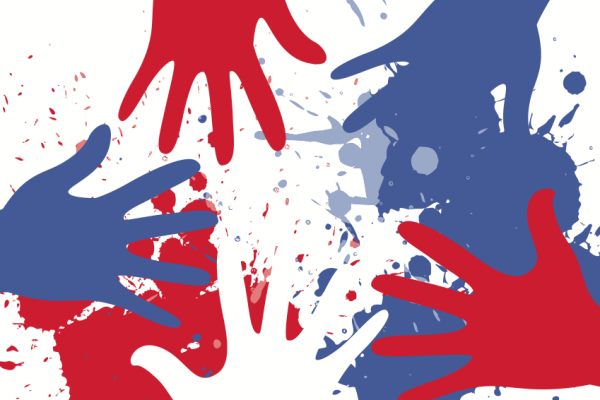Listening to several Fourth of July discussions last week, I was struck by how many people think of freedom as the ability to do whatever they want. They think there should be few, if any, restrictions on what they choose to do or what they want to own.
To their way of thinking, freedom involves an absence of limitations. But freedom isn’t about having unlimited choices. It’s about the choices we make. And our freely-made choices can imprison us far more than any law or any government. Gandhi, Nelson Mandela, Martin Luther King, Jr. -- all willingly surrendered their freedom and went to jail in order to bring freedom to others. Even locked in a cell, they lived the spirit of freedom. Their jailers were the ones imprisoned, confined by bars of prejudice and violence and religious bigotry.
We can have few laws and yet be enslaved. We can sit in a jail cell and yet be free. Our freedom is always about others.
“The goal of human life is to live beyond the small, narrow prison of our own cares, wants, and worries,” Archbishop Desmond Tutu wrote. “By learning to choose what is good and right, we give ourselves the keys to true freedom.”
Allowing our choices to be guided by the darkest parts of our nature makes us captive to our darkness. If our answer to guns and violence is more guns and more violence, then we’re not really free. If our answer to hatred is more hatred, then we’re not really free. If our answer to poverty is indifference, then we’re not really free. If our answer to inequality is to accept inequality, then we’re not really free. If our lust for wealth replaces love for people, then we’re not really free. If we cling tightly to what we have and refuse to share, then we’re prisoners of our possessions and we’re not really free. If our lives are about nothing more than ourselves, then we’re living in solitary confinement. And no stash of guns or pile of money can free us.
Only love can liberate us. Love frees us to live as equally beloved children in God’s interdependent family. It frees us from the shackles of selfishness. Freedom goes beyond individual rights—freedom is about our individual and collective care for each another.
Some 2,000 years ago, a Jewish rabbi talked about freedom. He said that the truth sets us free, and he lived and taught his truth: Love one another. Be compassionate. Care for the needy without hesitation. Heal the hurting. Forgive. Put away all weapons and all judgment. Heal divisions. Make sure no one is treated as an outcast.
That’s freedom.
And if we’re not living that way, we’re not really free.
Joe Kay is a professional writer living in the Midwest.
Got something to say about what you're reading? We value your feedback!
